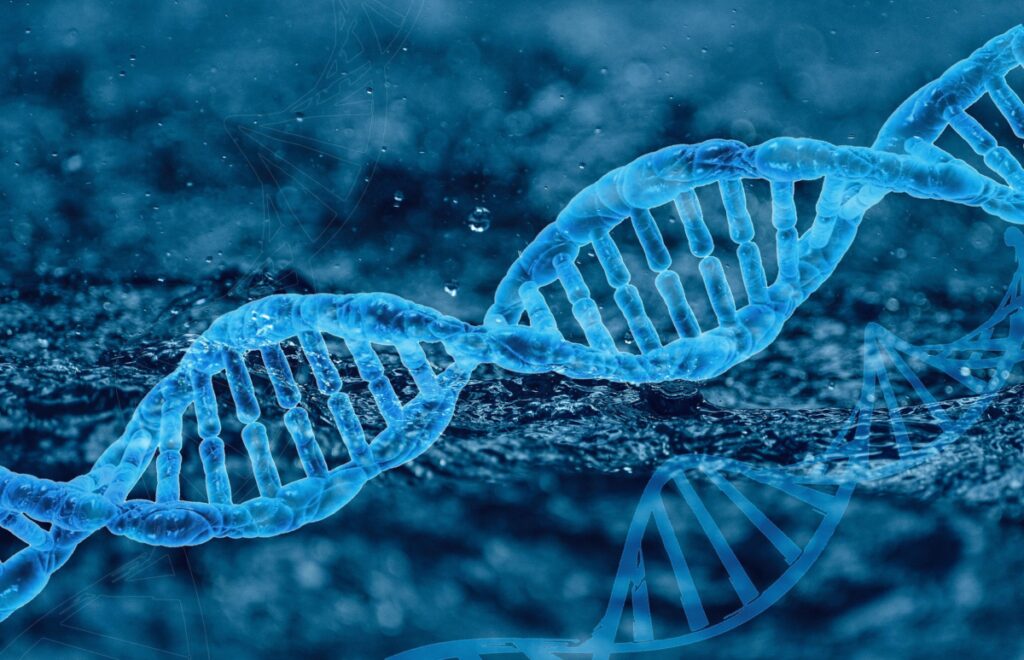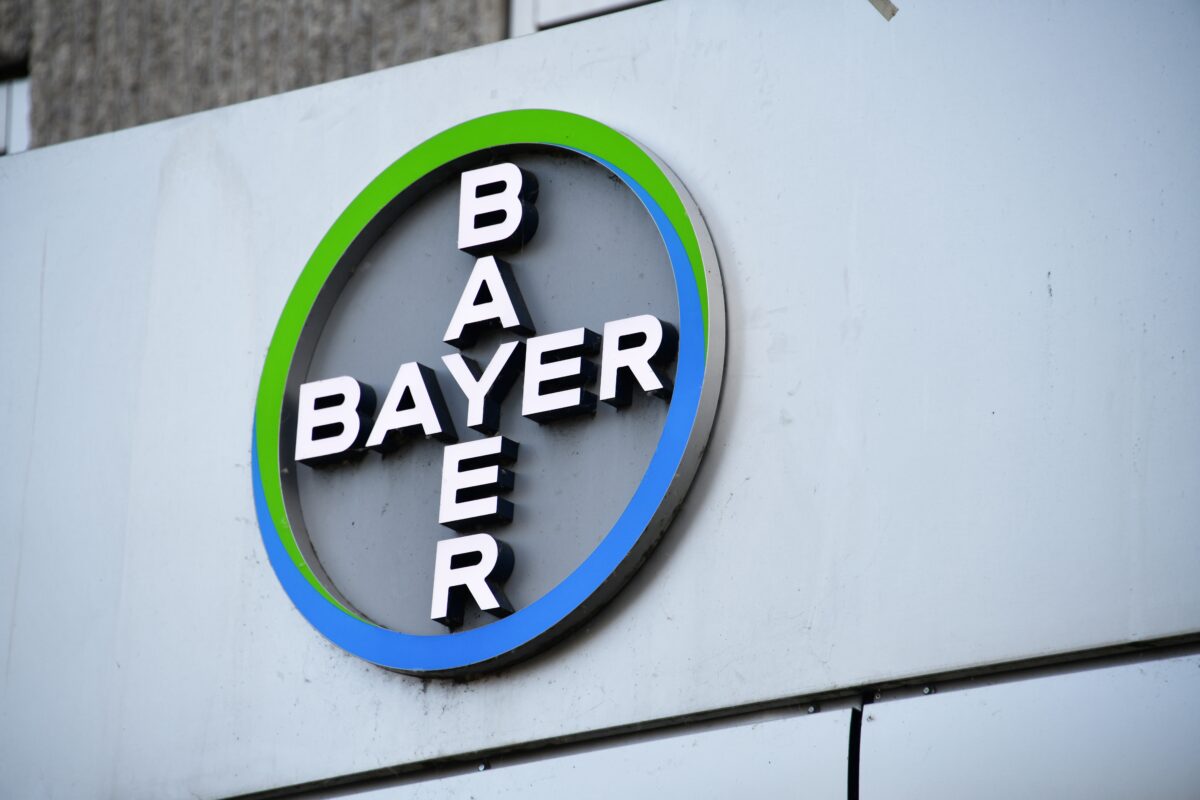The application of whole genome sequencing (WGS) to derive a more complete understanding of cancer has been a central goal of cancer researchers even before the first human genome was decoded in 2003. WGS remains at the core of developing personalized medicine against cancer as it provides valuable information for cancer etiology and progression. Biotech company Ultima Genomics has joined forces with Genome Insight, a bioinformatics-based biomedicine company, to overcome the caveat of cost and quality in WGS.
This means that WGS could become routine for cancer patients like conventional testing and could potentially pave way for developing precision medicine tailored to individual patients.
“We founded Ultima Genomics to help overcome the tradeoffs scientists and clinicians are forced to make between the breadth, depth and frequency with which they use genomic information,” said Gilad Almogy, CEO of Ultima Genomics, in the company’s announcement. “Genome Insight’s focus on whole genome sequencing is a perfect example of this, and we are excited to collaborate on this development.”
Genome sequencing requires a powerful sequencer to decode the genetic makeup and an equally powerful analysis platform to make sense of the data generated. Ultima Genomics will provide their high-throughput NGS instrument platform, the UG 100, and Genome Insight will provide the bioinformatics platform for data analysis.
“The ability to analyze the entire genome at a low cost is a game-changer in cancer treatment, and we are proud to be at the forefront of this revolution. This collaboration is an important step towards our vision of using whole genome sequencing to improve patient outcomes,” said Young Seok Ju, CEO of Genome Insight, in the news release.
Ultima Genomics has already partnered with other leading biotech startups. For instance, in June 2022, Ultima Genomics started collaborating with NVIDIA to leverage artificial intelligence (AI)-accelerated analysis of the UG 100 platform. One month after that, Ultima Genomics inked a deal with Regeneron to help develop an updated version of the UG 100 and ultimately use it for drug discovery and development. And in February of this year, 10x Genomics and Ultima Genomics joined forces to develop the UG 100 system for single-cell analysis.
Ultima Genomics has also been featured in publications from leading research institutes using the platform for WGS, single-cell sequencing and cancer epigenetics.
XTALKS WEBINAR: Advances in Precision Medicine, NGS Testing & Breaking Barriers with Clinical Trials
Live and On-Demand: Friday, May 12, 2023, at 2pm PDT (5pm EDT)
Register for this free webinar to learn about current research of targeted therapies as demonstrated by the efforts of Endeavor BioMedicines and EndBrainCancer. The webinar will begin with a brief history of previous cancer therapies and lead to current research in up-and-coming targeted therapies, specifically the targeted therapies in development by the sponsor companies.
Why is Whole Genome Sequencing Beneficial for Cancer Patients?
Cancer is a disease that arises from alterations in the genome. Cancer evolves and progresses with accumulations of mutations that vary widely in type, number and position. Conventional next-generation sequencing (NGS) methods usually use targeted platforms that evaluate only a small fraction of the genome. By sequencing the entire genome of cancer cells, researchers can identify mutations and other genomic alterations that drive cancer growth, and identify potential targets for new treatments.
One important application of WGS in cancer research is the identification of somatic mutations, which are mutations that arise during a person’s lifetime and are present only in their cancer cells. WGS can help identify these somatic mutations, which can then be used to develop personalized treatment strategies tailored to an individual patient’s specific cancer.
WGS can also help identify the specific genetic alterations that underlie drug resistance in cancer cells. This information can be used to develop new therapies that target these specific mutations, which may help improve the effectiveness of cancer treatments.
What is Ultima Genomics’ $100 Genome?
Genome sequencing has the potential to revolutionize the study of disease mechanisms and predispositions as well as aid in drug discovery and development of personalized medicine — but the associated cost of genome sequencing is a limiting factor in its application.
Ultima Genomics created waves in the biotech industry in May 2022 when it launched its revolutionary $100 genome, a six times cheaper option than its competitors at that time.
“By overcoming the limitations of conventional next-generation sequencing technologies, researchers can now design experiments and clinical assays that were previously impossible,” said Doron Lipson, Chief Scientific Officer of Ultima Genomics, in the company’s news release.
The cost of WGS was around $1000 since 2014 with the biotech company Illumina dominating the market until Ultima Genomics launched its game changing sequencing technology. The UG 100 employs a 200mm semiconductor wafer disc instead of Illumina’s microfluidic flow cell, which has the benefits of being cheap, readily available and can be mass manufactured. Ultima Genomics’ UG 100 platform also allows for more efficient and faster reading because the camera stays steady while the semiconductor wafer disc rotates, unlike a flow cell where the camera moves back and forth. A powerful machine learning platform aids the reading and assembly of optical data into usable data, and then assembles all the data from the whole genome.
According to Ultima Genomics, the UG 100 can perform a complete sequencing of a human genome in about 20 hours, with precision comparable to existing options, but does so at a far lower cost. Since then, Illumina has also launched its low-cost genome sequencer which can analyze the whole genome for a price of about $200 to $250.
Is Whole Genome Sequencing Covered by Insurance?
WGS falls under experimental analysis for most insurance providers. Some cover the cost of genetic sequencing if prescribed by the patient’s doctor, whereas some do not provide coverage for WGS. One of the major reasons behind this is lack of standardization and understanding of the testing technologies.
With low-cost sequencing technologies like Ultima’s $100 genome, coverage could be on the horizon.












Join or login to leave a comment
JOIN LOGIN